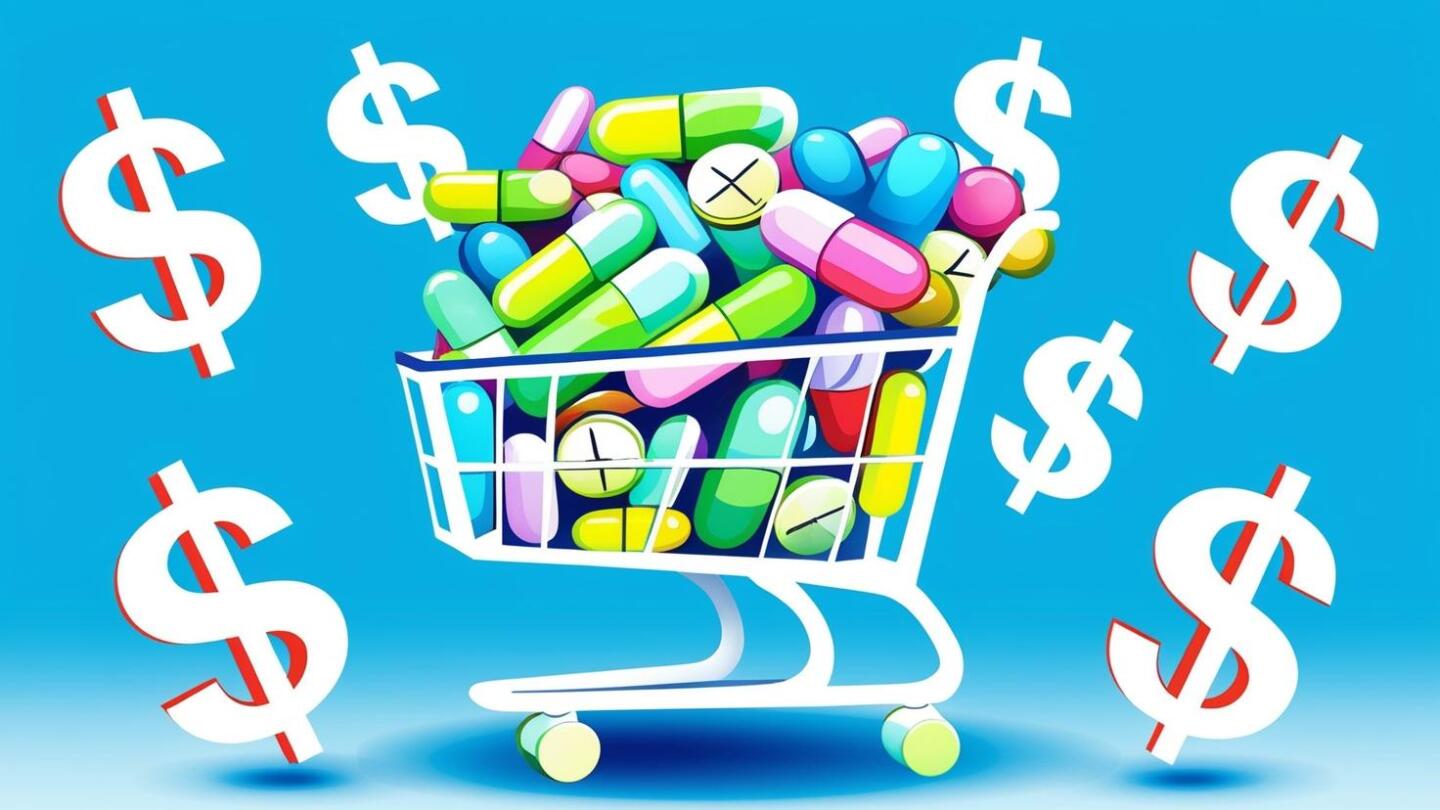Mergers & acquisitions
Novartis will still be on the lookout for early-stage deals under $2 billion, and later-stage agreements around a product that could reach the market within five years, CEO Vas Narasimhan said Wednesday.
In its 2025 full year and fourth-quarter earnings call, Merck executives touted the merits of recent deals and what CEO Robert Davis called “probably the broadest and widest pipeline we’ve had in years.”
In this episode of Denatured, Jennifer C. Smith-Parker speaks with RTW’s Rod Wong and Stephanie Sirota how shifting JPM deal timing masks record M&A potential; why oncology, obesity, psychedelics, and neuroscience are attracting fresh capital; and how “alpha stacking” shapes their investment edge in an age of chronic uncertainty. They cover topics discussed in RTW’s new book, “Innovation is the Best Medicine.”
With the biopharma industry performing better of late, analysts, executives and other industry watchers are “cautiously optimistic”—a term heard all over the streets of San Francisco at the J.P. Morgan Healthcare Conference earlier this month.
Investors are apparently taking bets on when Revolution will be acquired. A handful of pharmas could be interested as Merck backs off.
Merck had previously offered anywhere from $28 billion to $32 billion to swallow Revolution Medicines.
In this episode of Denatured, BioSpace editorial team members, Senior Editor, Annalee Armstrong, and News Editor, Dan Samorodnitsky, discuss their post-JPM takeaways and 2026 forecasts after speaking to a range of pharma and biotech executives and investors last week.
The obesity market and Most Favored Nation drug pricing were among the topics de jour at the J.P. Morgan Healthcare Conference last week, while smaller biotechs sought to assure investors that their regulatory ducks are in a row; Novo Nordisk’s oral obesity pill got off to a hot start while the FDA delayed a decision on Eli Lilly’s investigational offering; and SpyGlass Pharma and AgomAb Therapeutics join the 2026 IPO club.
The star of the acquisition, anti-IgE antibody ozureprubart, is being tested as a prophylactic treatment for food allergies, potentially setting up a competition for GSK with Roche’s Xolair.
Henry Gosebruch, who has $3.5 billion in capital to deploy, is thinking broad as he steers the decades-old biotech out of years of turmoil.
PRESS RELEASES










